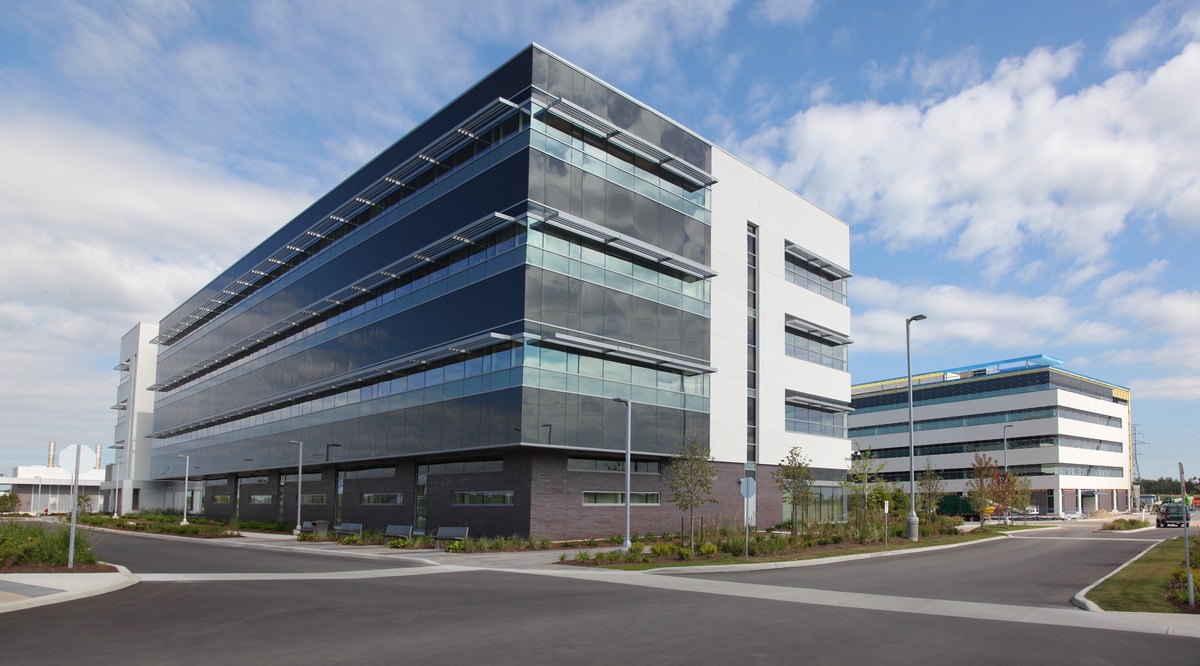
Investing in commercial real estate in Gulfport, MS has many benefits: access to passive income, higher cash flow, and a relatively stable investment. While these benefits can come with higher risk, developing an investment strategy can minimize this.
Are you new to commercial property investments? Here’s an overview of the overall process.
1. Learn the market and set investment goals
Commercial real estate is a niche market that rewards knowledgeable investors. Start your venture by stocking up on information. Read books about each commercial property type (office, retail, industrial, and multifamily). Listen to podcasts that discuss the ins and outs of the market. Follow blogs that break down crucial stages, such as financing and due diligence, into minute detail.
Next, name at least two motivations that will drive your investment. Decide how much risk you’re comfortable with, then invest accordingly. Don’t forget to place an emphasis on location as you look for potential investments.
2. Build a team of commercial real estate experts
Consult with a team of experts to land a good investment with just the right amount of risk. Since property deals are large and complex, they require tons of paperwork. Call on these experts to avoid unnecessary stress and costly mistakes:
- a local Gulfport, MS realtor specializing in commercial properties
- a licensed general contractor
- a commercial property management company
- a commercial real estate attorney
3. Sharpen your valuation skills
Familiarize yourself with the bread-and-butter terms of commercial property valuation. Figures such as net operating income (NOI), capitalization rate, cash-on-cash, and return on investment (ROI) help you determine if a property is a good investment (or a bad one).
Regularly evaluate listings to hone your new skills. As you get better, you can more easily form opinions about properties. For faster calculations, choose one or two metrics as your go-tos for recognizing good investments on the fly.
4. Make offers
Once you identify promising options, submit letters of intent (LOIs) to sellers to let them know there’s a buyer. Limit your offers to properties you’re truly interested in, as sellers may ask for earnest money to confirm that your offer is genuine. Due to its non-binding nature, an LOI is a great way to show that you’re a serious buyer, since it:
- provides a summary of your offer and conditions,
- initiates negotiations with a seller,
- and allows agreements to be altered or updated quickly.
It may take anywhere from 3 to 15 listings to find a property and deal structure that works for you. Remain patient and remember to include expired and withdrawn listings in your search. You’re likely to find motivated sellers there.
5. Get and finalize financing
Financing for commercial properties undergoes stringent requirements and looks at a property’s performance just as much as the buyer’s creditworthiness. There are several financing options for commercial real estate. Read up on the more common ones, like conventional bank loans, SBA 7A loans, and SBA 504 loans.
Many lenders require a down payment of at least 20 percent for commercial properties. It’s possible to get away with less, but this route typically involves bringing in a partner or applying for a short-term (but high-interest) hard money loan.
6. Make your due diligence thorough
Due diligence allows an investor to take an even closer look at the property before closing is finalized. Check the property’s numbers and valuations again. Make sure the title is clean and the zoning is appropriate for what you intend to do with the property. Check for additional covenants that further restrict the property’s use.
Now is also the time to conduct an inspection of the property, check the tenant mix, and review the kinds of lease agreements signed. Do this to understand what responsibilities and costs to expect as the new property owner.
You may also want to negotiate a contingency clause to your purchase agreement. It protects you in case an inspection reveals major issues with the property that negatively affect its market value.
7. Work toward property handover
The closing process for commercial properties requires more time and third-party approvals than residential properties. Before the pandemic hit, it took an average of three months to close on commercial real estate. Pandemic-related constraints have only stretched these timelines further. Work closely with your commercial real estate attorney to stay on top of requirements, from escrow agreement to deed signing.
If you want to learn more about investing in Gulfport, MS real estate, get in touch with the Owen & Co., LLC Real Estate team at 228.822.9870, or send an email to info(at)owenandco(dotted)com. We have been advising commercial and residential real estate investors in Coastal Mississippi for more than 30 years.





